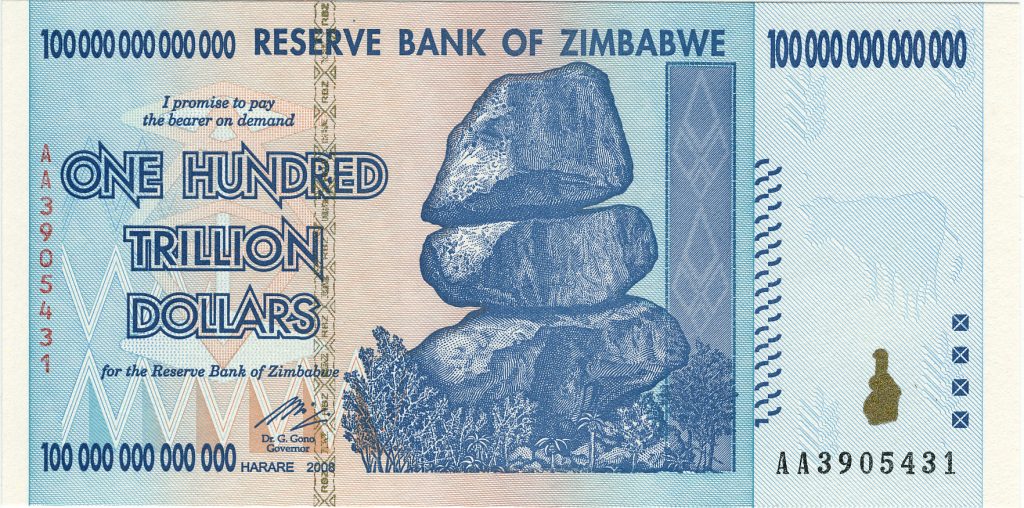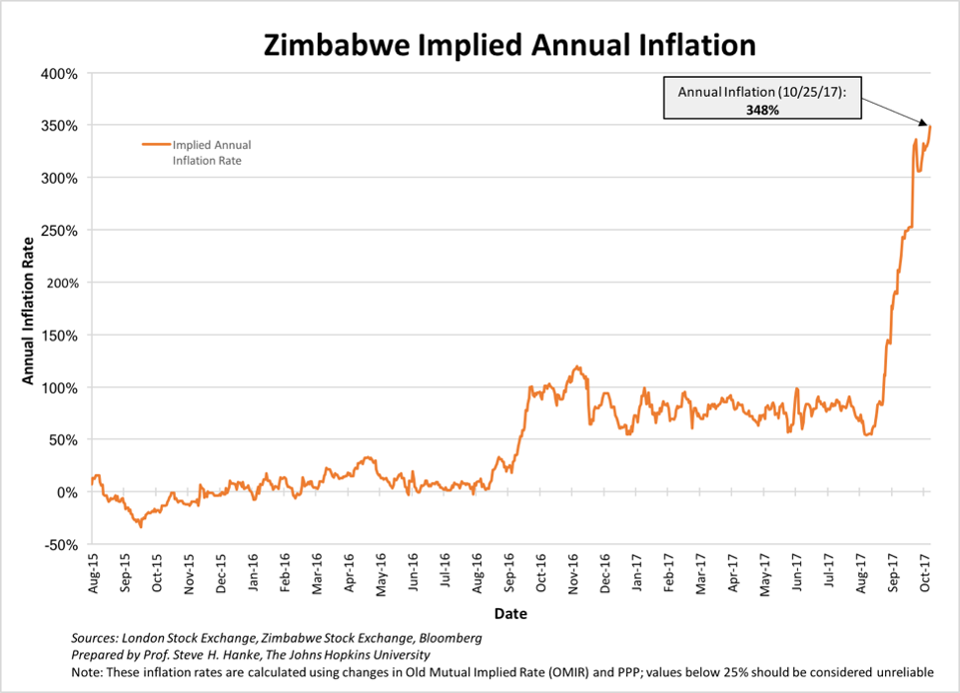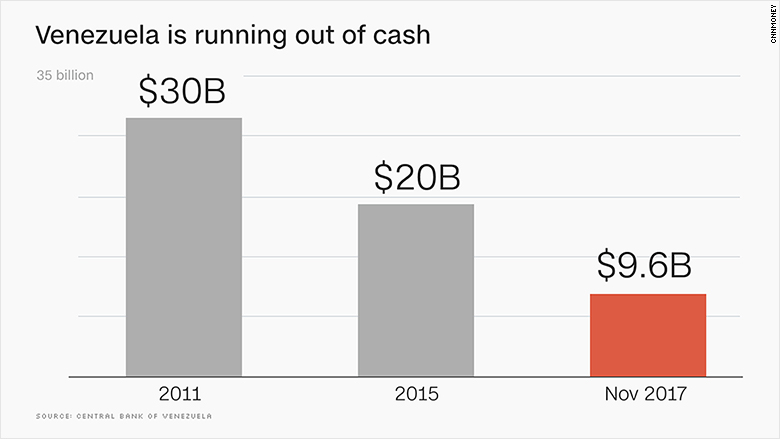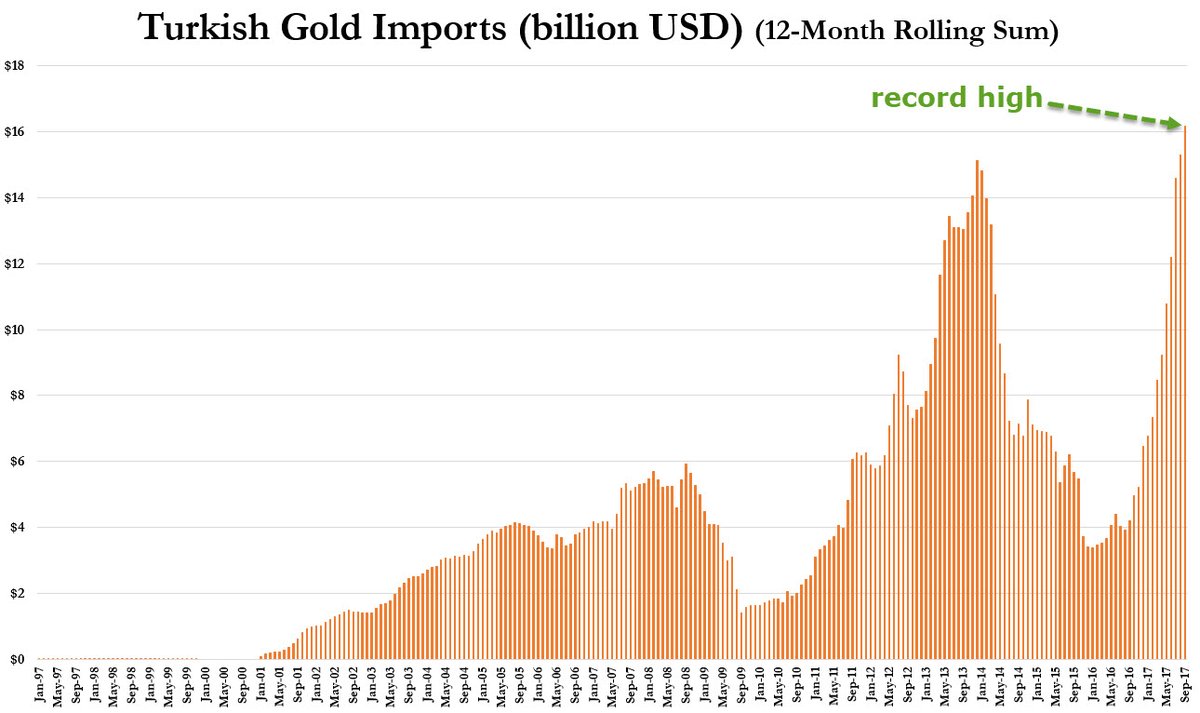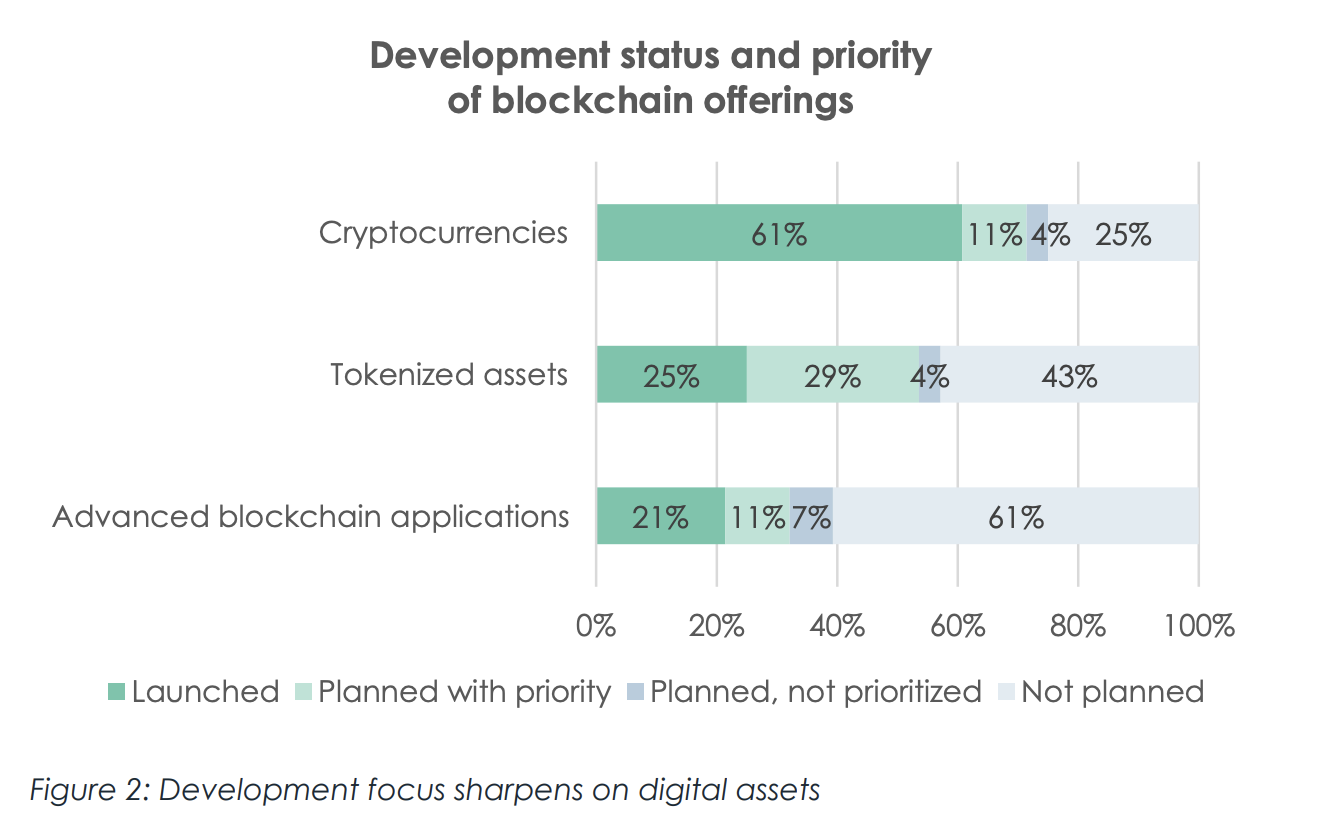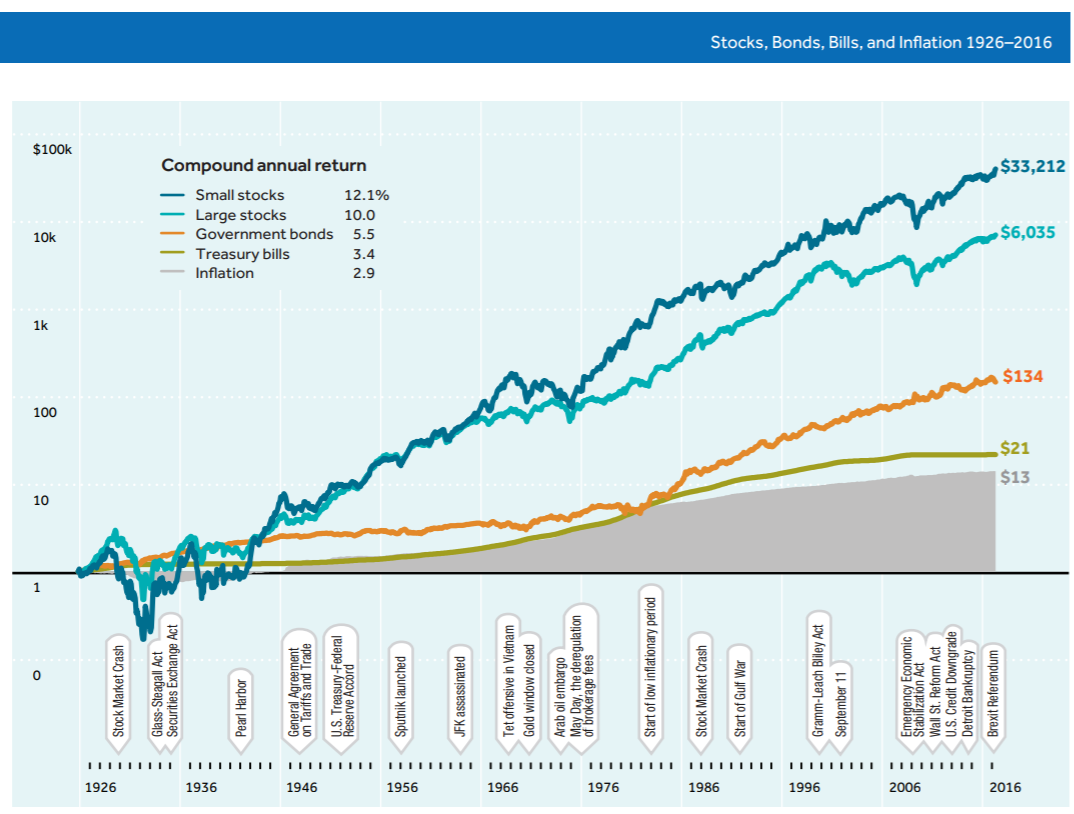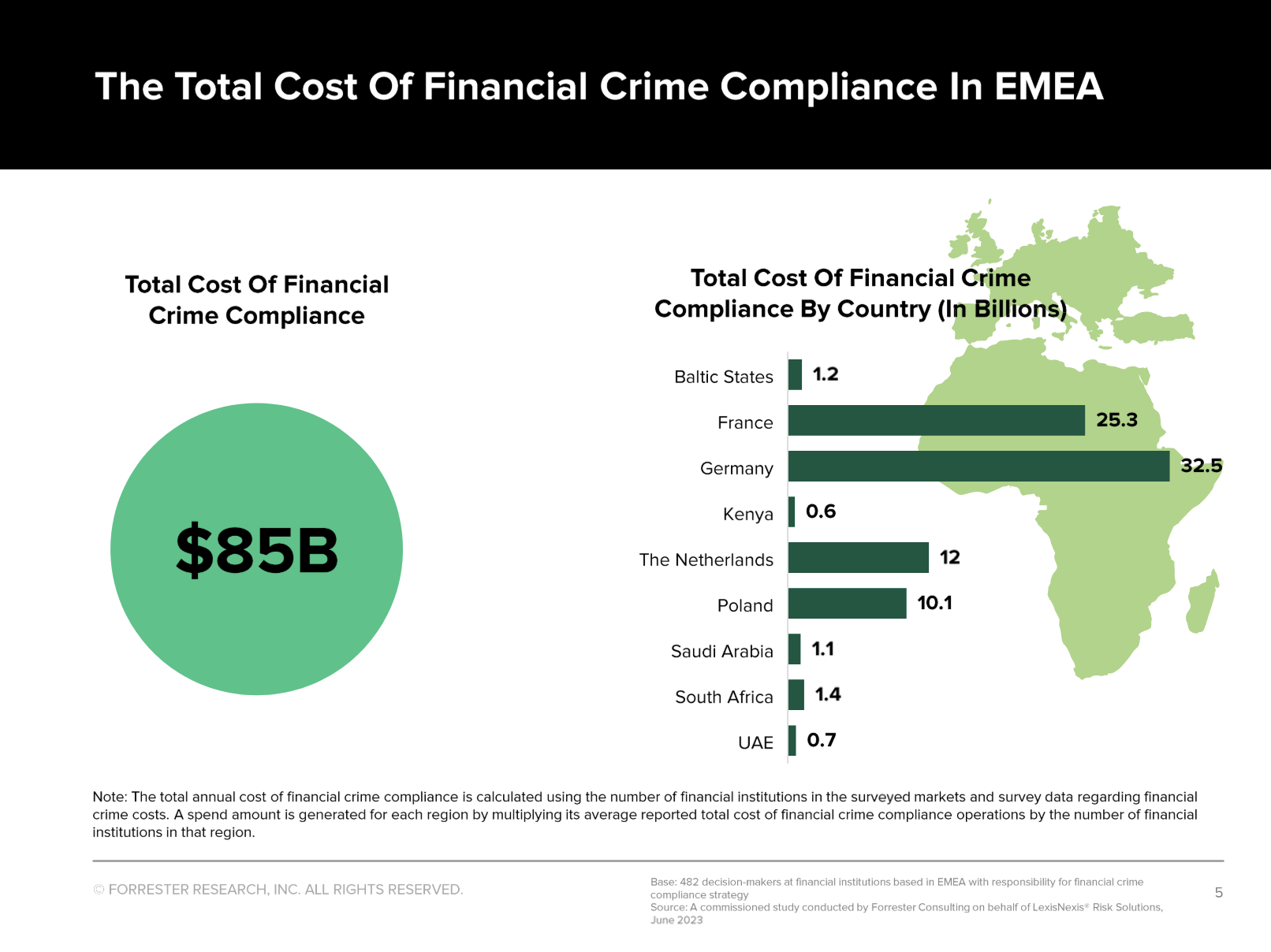| Deepening Crisis In Hyper-inflationary Venezuela and Zimbabwe
– Real inflation in Zimbabwe is 313 percent annually and 112 percent on a monthly basis |
One Hundred Trillion Dollars Zimbabwe |
| A military coup-de-grace in Zimbabwe and a bankrupt Venezuela. Both countries have extreme hyperinflation, citizens are starving and basic medical treatment is near impossible to find. These are the real world problems 47.5 million people are currently facing.
Presidents Robert Mugabe and Nicolas Maduro both deny the crises in their respective countries. For Maduro it is the media propagating false truths. In Zimbabwe the response to hyperinflation has been to declare it illegal. Both countries are in the media spotlight after a significant week that has left one man powerless and another scrambling to restore faith in his bankrupt country. Each country’s mess is thanks to mismanagement of resources and the central banking system. Citizens have had their rights almost decimated as the cash in the bank is worth increasingly less and fewer people are receiving income. Basic goods and services are near impossible to come by, with little sign of let-up. The hyperinflation and economic situations in both the Latin American and south African country are a reminder of the damage caused by governments. Both Maduro and Mugabe have acted under the premise of serving the electorate. Citizens as a result have only suffered and seen their wealth diminish on a daily basis. Both countries may seem a million miles away from the West in terms of political situation and cultures. However there is a strong lesson to be learnt. Savers should learn the need to protect their earnings and wealth from the manipulative decisions of governments and destructive monetary policies. Zimbabwe: The tyranny of a despot and his central bank “Zimbabwe, welcome back to the record books! You have once again entered the inglorious world of hyperinflation. It is a world of economic chaos, wrenching poverty and death,” – Steve Hanke, economics professor at Johns Hopkins University |
Zimbabwe Implied Annual Inflation, Aug 2015 - Oct 2017 |
|
We all recall the hyperinflation event of 2008 when Zimbabwe suffered the second most severe episode of hyperinflation in recorded history. Zimbabwe’s annual inflation rate reached 89.7 sextillion (10^23) percent. In response Mugabe and his cronies replaced the Zimbabwean currency with the US currency.
Now Zimbabwe is undergoing a fresh currency crisis as well as a coup-de-grace. It is facing shortages of the US dollar and banks are being forced to ration withdrawals. The bond notes, issued to make up the shortfall, have dropped sharply in value on black market exchanges. The end result is inflation in retail stores and foreign suppliers refusing to accept the made-up-money.
Today the country is thought to be heading back towards 2008, once again. Steve Hanke, economics professor at Johns Hopkins University has calculated that as of 25 October this year the monthly rate of inflation is 77% and the annual rate is 348%. The official the official, dollar-denominated rate is 0.38%. This is hyperinflation and not something you can just outlaw or ignore.
As a result citizens are suffering and the government is unable to meet basic requirements. The central bank has previously said Zimbabwe had a backlog of more than $500 million in pending foreign payments. This is for necessities such as fuel and medical supplies.
Agricultural production, in the once-known bread basket of Africa, has collapsed following the farm seizures and a lack of cash. Wheat production in 1990, before the farm seizures began, was 325,000 tonnes. In 2016, it was just 20,000 tonnes.
Meanwhile, on the ground citizens are struggling to protect the value of their money. With a 95% unemployment rate this is a hard enough situation to bear. Reports of earners and savers withdrawing their money to invest in real assets are rife as few trust that $200 in the bank today will still be there tomorrow.
Whilst the latest political turn of events is likely to be welcomed, it still brings about an air of uncertainty. Few foreign governments are likely to support aid packages to the country until matters have been resolved and a stable(ish) government is in power. Even China, which is the country’s main source of income and support, is likely to stand still and await to see how it all unfolds.
In the meantime feet on the ground continue to suffer as hyperinflation increases and they struggle to pay for and find basic goods and services.
Venezuela: A socialist experiment gone wrong?
Venezuela reminds me of a quote that is often misattributed to Milton Friedman: “If you put the federal government in charge of the Sahara Desert, in 5 years there’d be a shortage of sand.” Today you could say the same about oil and the Venezuelan government. The country was once the richest in Latin America but can no longer cover its own debts. On Monday it missed interest payments on two government bonds. Even after a 30-day grace period it is unable to muster up $280 million owed in payments. |
Venezuela Out of Cash 2011-2017 |
Meanwhile the value of the bolivar continues to plunge, causing major financial problems for Venezuelans. As explained by Business Insider:
To ‘combat’ the problem of cash shortages Maduro recently announced in a public broadcast that he planned to phase out physical cash, saying “the use of the physical currency is being replaced.” This is something that was also seen in Zimbabwe. During their first notable hyperinflation era of 2005-2009, the government ran out of money to pay for money. The local currency cost US Dollars, which they could not afford to buy. Should this happen this will be even more damming for those with cash in the bank. Currently they are able to withdraw physical cash in order to keep on top of the daily increase in inflation. Now they will have little choice but to sit and watch its value disappear. The enforced holding of cash in the bank will no doubt bring with it capital controls as citizens are prevented from exchanging the bolivar for stronger currencies such as the US dollar. The first step has already been taken as Maduro has tried to contain the financial rout by banning the publication of black market rates. Something Mugabe also tried. Venezuela’s default should also be of concern to citizens elsewhere, especially in the US. It has come to light that a number of Americans with 401(k) own a hefty amount of Venezuela’s $60 billion debt. How will this work out if the country is unable to pay or has its debt restructured? Avoid exposure to hyperinflation Here in the West we are currently extremely fortunate as we are not facing political leaders such as Maduro or hyper inflationary scenarios as those seen in both Zimbabwe and Venezuela. However, as evidenced just above we may still be exposed in the immediate sense to the failings of these countries, whether through our pension plans or investments elsewhere. Even if you can be certain that you hold no Venezuelan debt or exposure to the Zimbabwean economy this is still a lesson in how one must diversify their assets outside of cash and the banking system. This is thanks to ultimate control institutions and governments have over these entities, should they so choose. By holding assets outside of the system you can work to protect your wealth from such measures as those seen in Zimbabwe and Venezuela. Gold is one of the best examples. When held in a physical, allocated and segregated manner the owner cannot be prevented from accessing it whenever they so wish. Nor can it be devalued at will or suddenly illegal to trade. It is a borderless currency that acts without the control of governments looking to further their own wealth or political beliefs. |
Turkey Gold Imports, Jan 1997 - Sep 2017 |
Tags: Bond,Business,central banks,China,Consumer Prices,Currency,default,economy,European central bank,exchange rate,federal government,Finance,Foreign exchange market,hyperinflation,inflation,International trade,Latin America,Milton Friedman,money,newslettersent,Reuters,Sovereigns,Switzerland,Twitter,Unemployment









